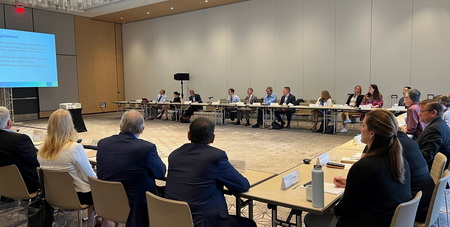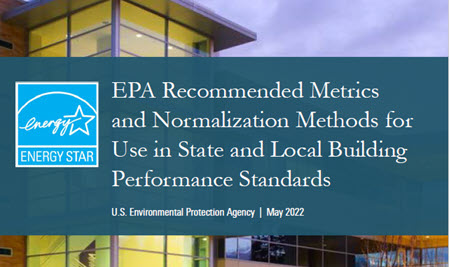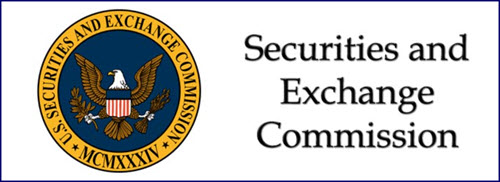The U.S. Environmental Protection Agency (EPA) released a policy brief on Tuesday that provides a “formal recommendation” on metrics that states and cities should consider as they may develop GHG-related mandates on commercial and multifamily buildings.
Trends in Building Performance Standards (“BPS”)
- A national BPS law does not exist (and is not on Congress’s horizon) for emissions limits or efficiency requirements on private sector buildings.
- Nor do U.S. agencies have any current ability to create a general federal building energy code or enact rules that establish GHG mandates on real estate assets, as made evident by yesterday’s SCOTUS decision in West Virginia v. EPA. (SCOTUSblog, June 30)
- However, a number of states and cities have developed or are considering their own climate-related building regulations according to the National BPS Coalition launched by the Biden Administration.
- Local BPS laws can require CRE owners to pay for energy efficiency retrofits and building electrification projects—or else pay fines and penalties.
- The White House Council on Environmental Quality (CEQ) is creating a BPS for buildings owned by the federal government. Development of the “federal BPS” is reportedly delayed because of “data shortfalls.” (Bloomberg Law, June 29)
RER Seeks Voluntary Federal Guidelines

- The Real Estate Roundtable has repeatedly expressed to policymakers—including the Federal Energy Regulatory Commission (FERC)—that workable, federal-level, voluntary guidelines are needed to help standardize the “hodge-podge” of divergent local laws that can vary in their regulations on buildings.
- The Roundtable’s June 10 comment letter to the SEC urged the creation of a “safe harbor” for proposed emissions disclosures that are based on the best available GHG calculation tools, standards and data offered by federal agencies. (Roundtable Weekly, June 10).
- EPA branch chiefs heard from The Roundtable about the need for federal guidance to help unify local BPS laws at the June 17 meeting of the Sustainability Policy Advisory Committee, above. (Roundtable Weekly, June 17) SPAC is chaired by Tony Malkin (Chairman, President, and CEO, Empire State Realty Trust) and vice-chaired by Ben Myers (VP, Sustainability, BXP).
EPA’s Recommended BPS Metrics
- SPAC members participated in a number of EPA-sponsored “workshops” that led to the recommended federal BPS metrics.
- EPA’s recommended metrics are intended to “develop consistent policies that reflect the business realities faced by building owners.” (EPA’s Policy Brief and Recommended Metrics publication, above)
- Specifically, EPA recommends that any locality considering a BPS should focus on measures within a building owner’s ability to control—such as “on-site” reduction of energy usage or “direct” GHG emissions.
- EPA also recommends that any energy-usage intensity requirement should not be “one size fits all.” Rather, BPS rules should be “normalized” to reflect variables such as a building’s type, hours of operation, and weather conditions.
- EPA’s recommendations are preferable to other proposals that could make CRE owners responsible for how “clean” the electric grid should become—an issue beyond owners’ control. (Roundtable Weekly, April 9, 2021).
A number of localities are contemplating laws to ban natural gas and other fossil fuels within their borders. EPA’s encourages any such jurisdiction to consider long-term, published, and incremental “phase-out” schedules so building owners can “plan for costly and difficult equipment replacements.”
# # #






